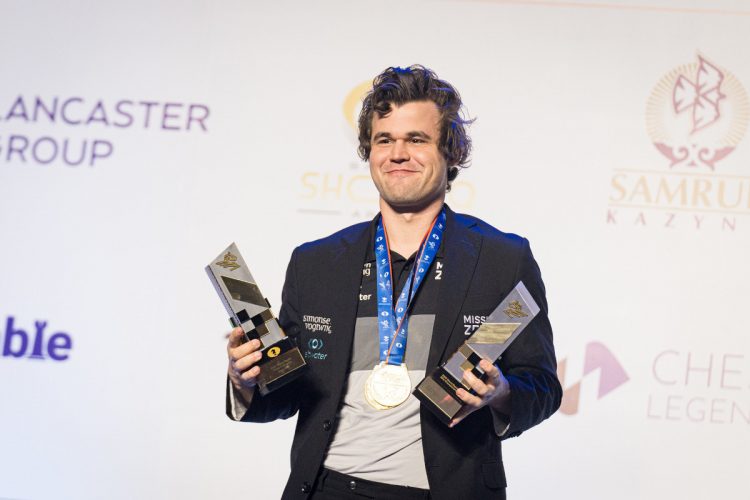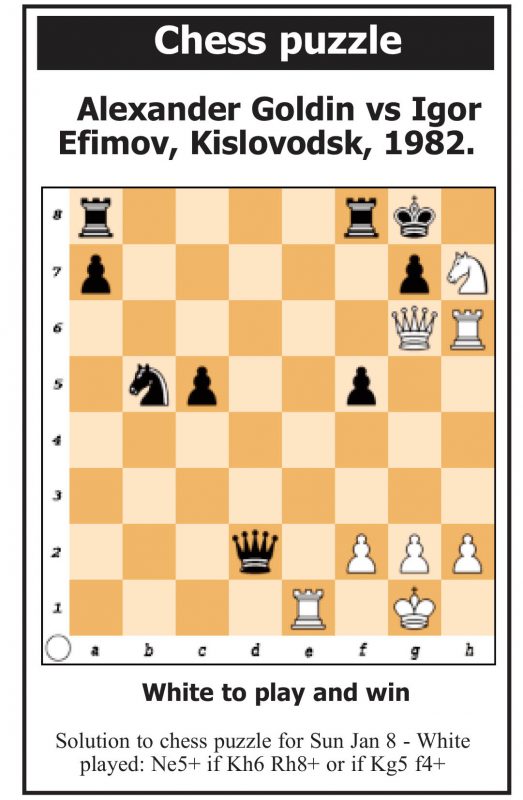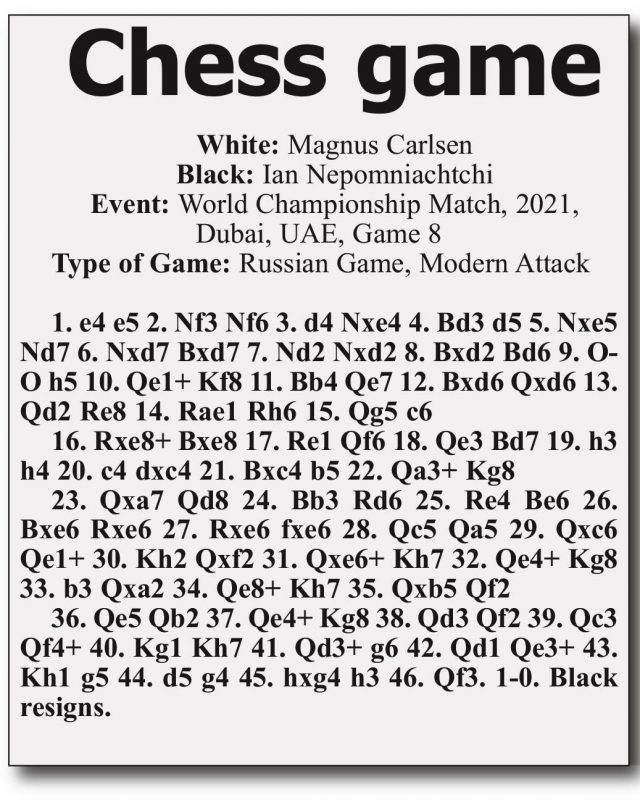
Chess time controls refer to how much time a player receives to complete a game. Each player has an equal amount of time. Recently, I would theorize about five to eight years ago, speed chess (rapid, blitz and bullet ) became immensely popular. For some of the young, the shift from 90 minutes plus to 10 minutes plus, is attractive. However, I have my doubts about whether one’s chess abilities will get further refined.
Speed chess’s popularity is the detriment of classical (long) game. International chess journalist Sagar Shah made the point that “the classical format of chess is getting too tedious at the highest level”. Shah was referring to world champion Magnus Carlsen’s refusal to defend his title for the sixth consecutive time. Carlsen had previously defeated Russia’s Ian Nepomniachtchi 7.5-3.5 in 2021 and he wanted a different opponent.
By refusing to defend his title and participating in shorter time formats, Carlsen is undeniably making a case for shorter times for chess games, although he continues to participate in the more esteemed and influential chess tournaments worldwide. For example, Carlsen is locking horns with the very best in the world at this January’s Wijk Aan Zee Tata Steel Championship, which is classical in format.

If the classical mode of chess is eventually abandoned, it would not happen overnight.
I learned the game when speed chess was invisible. Naturally, I like playing the longer games, which cause you to pause and think. I believe that is how chess should be played.
Guyana’s progress in chess lies in our attendance and excellent performances at the Chess Olympiads where the formats are classical in nature. We should continue to put our energies into the preparations for the Olympiads.








